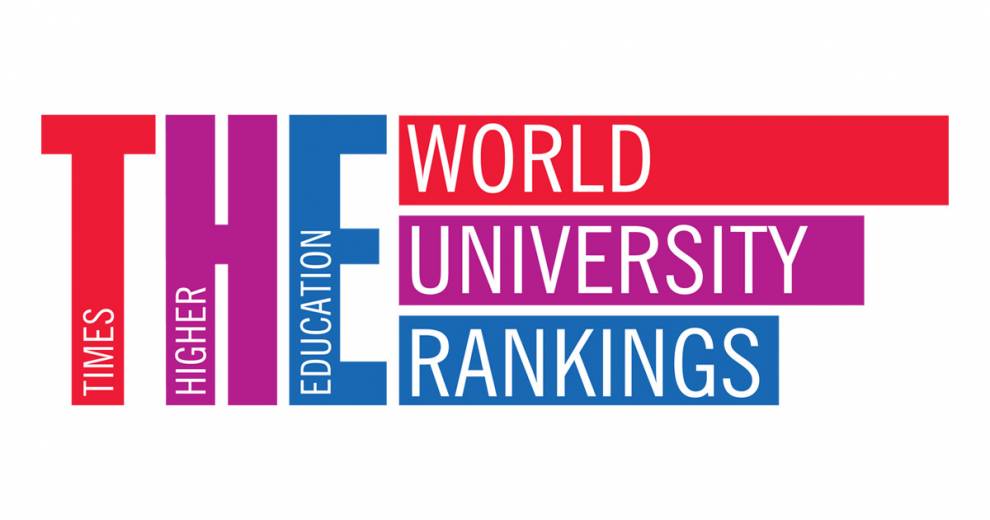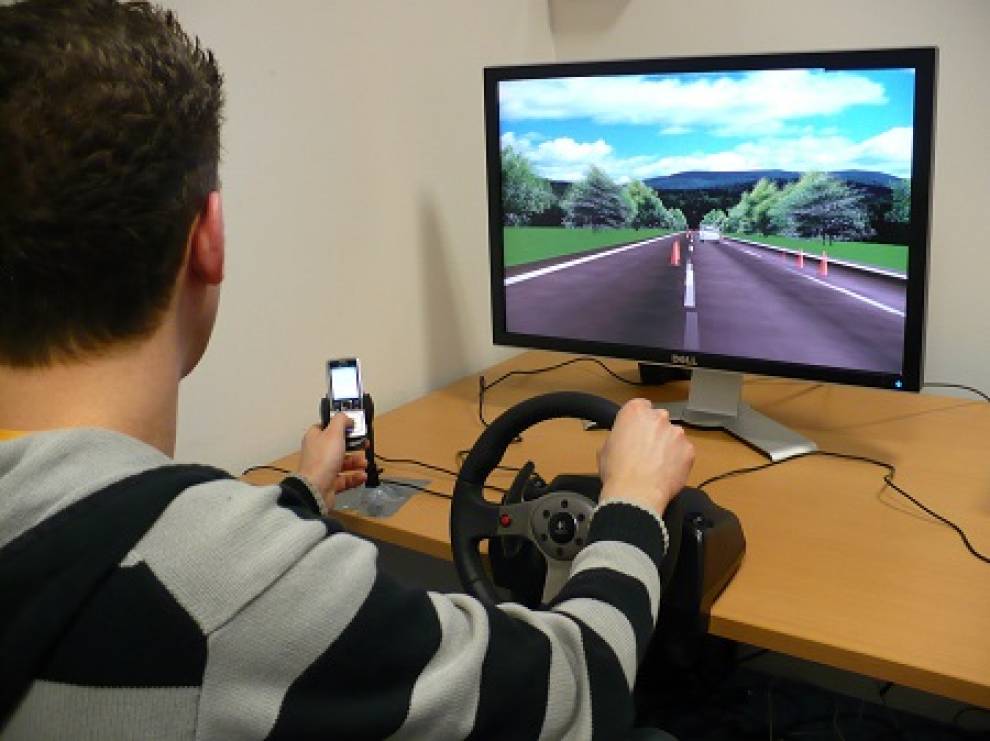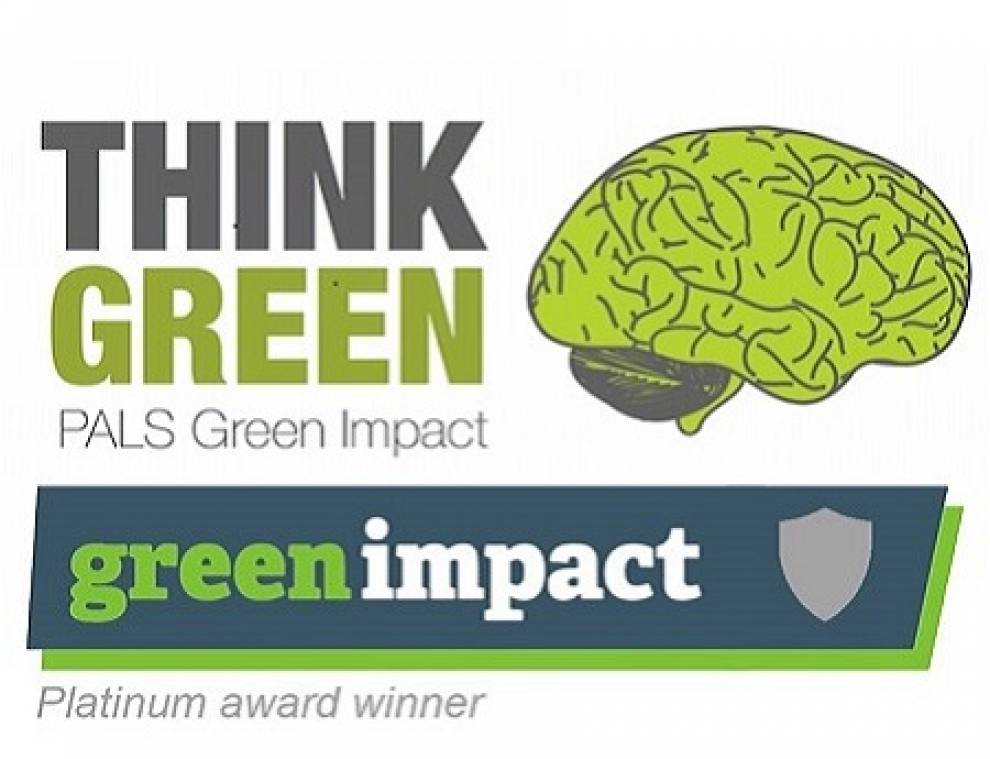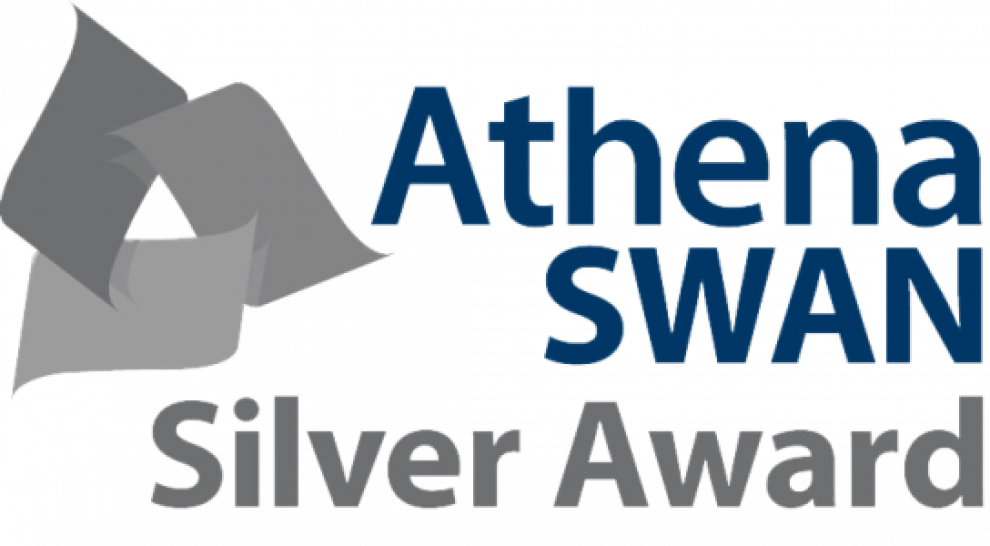Our invited speakers are:
Professor James E. Flege:
The cross-language acquisition of stops differing in VOT: Historical overview and future directions.
Professor Flege will hardly need any introduction to PTLC participants, but see http://www.jimflege.com/, and particularly http://www.jimflege.com/about_me.html
Dr Dominic Watt:
Private Ear training: Phonetics teaching for the next generation of forensic speech scientists
The world's first and only taught Masters programme in forensic speech science, which was launched at the University of York ten years ago, requires students to become highly proficient in both auditory and acoustic phonetics. Among other things, they are trained to perform phonetic profiling of unknown speakers, to transcribe difficult audio material, to attempt to resolve the content of disputed utterances - for instance, in a noisy CCTV recording of a violent assault is the attacker's accomplice shouting 'kick him' or 'kill him'? - to enhance poor-quality recordings, to evaluate the design of 'voice parades', and to authenticate recordings which may have been tampered with. However, the main focus of their studies is on the skills needed to carry out forensic speaker comparison (FSC, also sometimes known as 'forensic voice comparison'). FSC involves comparing the properties of two or more recordings: an incriminating 'disputed' or 'questioned' sample, and a reference sample of the speech of a known talker, typically that of a suspect in police interview. Detailed auditory and acoustic examination of the samples is then carried out, the ultimate aim of which is to allow the analyst to form a view concerning the relative strength of support that the evidence gives to competing hypotheses. In criminal proceedings, the hypotheses tend to be framed very simply: 'it's the same speaker in the questioned and reference samples' (the prosecution hypothesis) versus 'they're different speakers' (the defence hypothesis). In the current presentation I will discuss the phonetics training that students on York's MSc programme receive, noting that some who are accepted onto the course have not studied phonetics or even linguistics before, and that a large proportion of the genuine case materials that they are given to analyse are short, poor-quality recordings of speakers of non-standard or hybrid varieties of English. Given the mix of nationalities and first languages in each MSc cohort, the latter issue presents an extremely challenging hurdle to students who arrive with little prior knowledge of the multitude of ways in which the pronunciation of English varies in the UK and beyond. In recent years, the increasing use in certain jurisdictions of automatic speaker recognition systems in FSC work has been creating additional technical training needs (e.g. aspects of theory and methods in signal processing) that the MSc must seek to meet. I conclude with a discussion of the benefits that research in forensic speech science can bring to the field of phonetics more generally, with reference to the ongoing ESRC-funded TUULS, Voice and Identity - Source, Filter, Biometric, and Y-ACCDIST projects currently running at York.
Dr Watt is Senior Lecturer in Forensic Speech Science, University of York, and Forensic consultant, JP French Associates, York
 Close
Close





